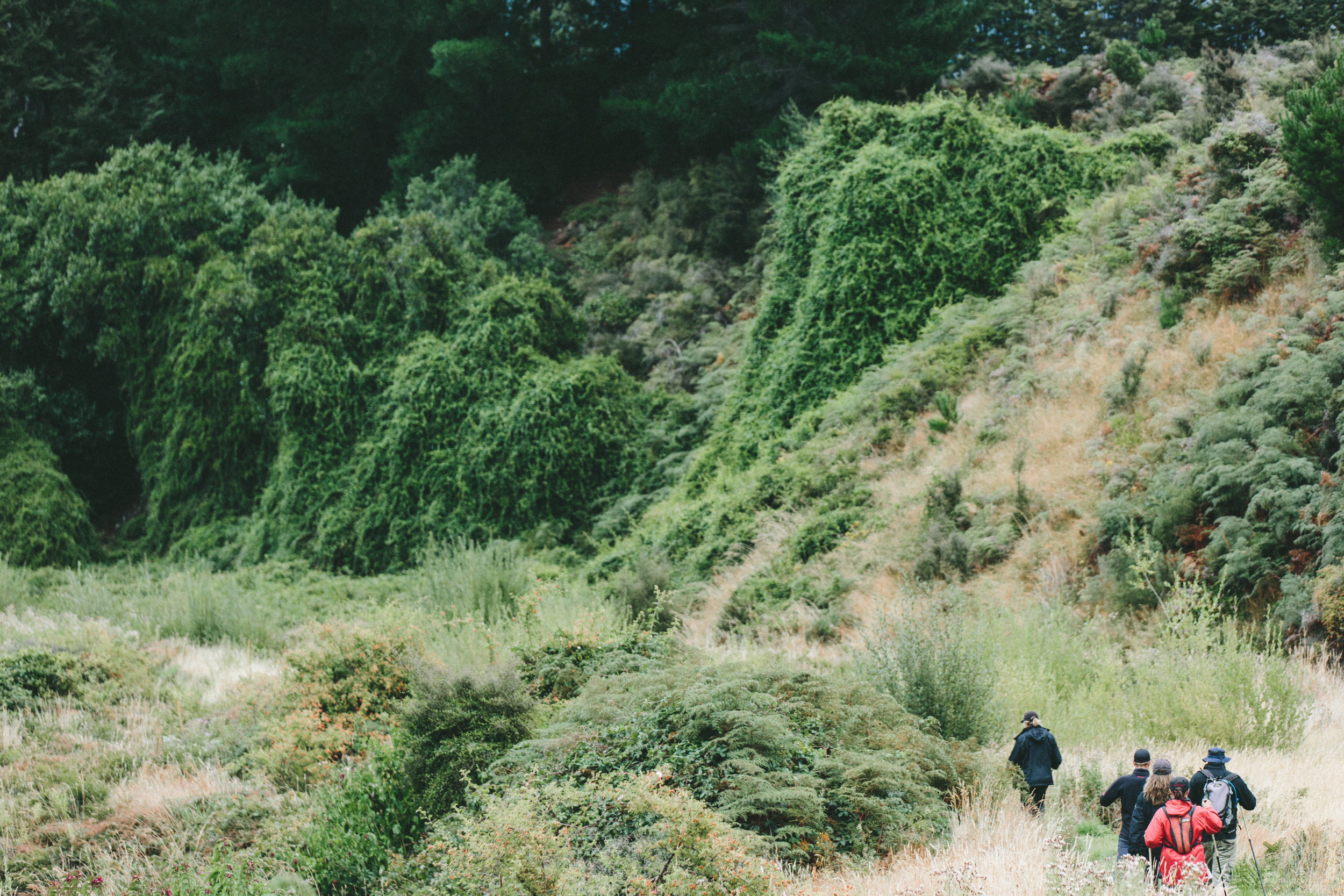
Who We Are
From the Britannica website:
Craft Guilds were occupational associations that usually comprised all the artisans and craftsmen in a particular branch of industry or commerce.
There were, for instance, guilds of weavers, dyers, and fullers in the wool trade and of masons and architects in the building trade; and there were guilds of painters, metalsmiths, blacksmiths, bakers, butchers, leatherworkers, soapmakers, and so on.
Guilds performed a variety of important functions in the local economy. They established a monopoly of trade in their locality or within a particular branch of industry or commerce; they set and maintained standards for the quality of goods and the integrity of trading practices in that industry.
We are not interested in controlling trade nor commerce. We strive to ensure each of our instructors maintain a level of instructional quality that is unsurpassed in the outdoor education industry.
We want to help our customers and clients feel at peace when considering classes conducted by our instructor-artisans knowing that they are buying the best quality outdoor instruction their money can buy.
We keep the historical benefits of the Guild alive
while stripping away the historical negatives.

OUR PURPOSE
The W.I.S.E. Guild’s purpose is to identify, gather, assist, and grow individuals who share a common interest in wilderness knowledge and want to share it with the world. The areas of interest include but is not limited to:
Wild Camping – Using old skills and natural materials to camp in non-designated campsites.
Ancient Carpentry – Woodworking with chisels, planes, goosewing axes, etc…
Native Skills – Any skill associated with the tribes of the Americas.
Blacksmithing – Metalworking with hammer and anvil.
Knifemaking – Subset of blacksmithing centered around the creation of bladed items.
Ancient Cooking Skills – Using ancient equipment and skills to create tasty meals either in camp or at home.
Brewing – Subset of cooking centered around the creation of fermented or brewed items from mead to beer.
Timber Framing – the creation of buildings using the timber framing method.
Weaving – the creation of woven garments, rope & cordage, and baskets.
Textiles - Subset of weaving involving the creation of fabrics and clothing.
Basketry - Subset of weaving using larger, more woody fibers to make baskets and other such containers.
Woodcarving – the creation of decorative wood carvings.
Bushcraft Notch Carving – Subset of woodcarving centered around the practical application of woodcarving as it applies to wild camping.
And more…
W.I.S.E. Members will participate in classes, events, campouts, and gatherings to promote the W.I.S.E. Guild’s values.
What is WISE?
How to prepare for instructorship:
Required reading:
Extreme Ownership, by Jocko Willink
Recommended reading:
Leadership strategy and tactics, a field manual, by Jocko Willink


